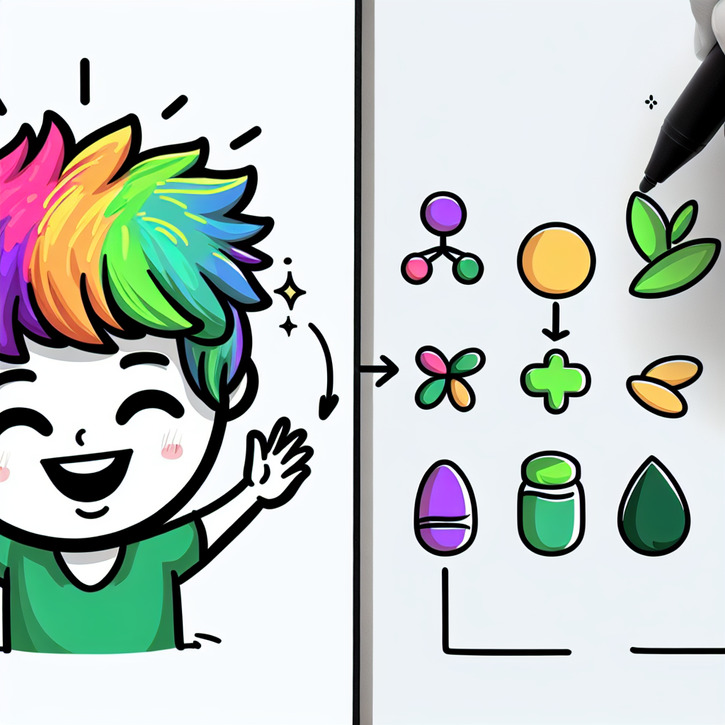Preventing Malnutrition-Induced Hair Loss: A Comprehensive Guide

**Understanding Malnutrition-Induced Hair Loss: A Comprehensive Guide**
Hair health is often a reflection of overall well-being, and malnutrition-induced hair loss is a common yet underdiscussed issue. This guide explores the link between nutrition and hair health, offering insights into prevention and management.
**How Malnutrition Affects Hair Growth**
When the body lacks essential nutrients, it prioritizes critical functions over non-essential ones like hair growth. This can lead to thinning or brittle hair as a result of disrupted hair cycles.
**Essential Nutrients for Hair Health**
1. **Iron Deficiency**: Iron is crucial for oxygen transport, including to the scalp. Deficiency can cause reduced blood flow, leading to weakened hair and shedding. Incorporate iron-rich foods like spinach and lentils into your diet.
2. **Protein Deficiency**: Proteins are vital for keratin production, essential for strong hair. Ensure adequate intake through lean meats, fish, beans, or tofu.
3. **Vitamin D and Biotin**: These nutrients maintain scalp health and promote new hair growth. Spend time outdoors for Vitamin D and consume eggs or almonds for biotin.
**Prevention Strategies**
- **Balanced Diet**: Focus on nutrient-rich foods including fruits, vegetables, lean proteins, and whole grains.
- **Supplements**: Consult a healthcare professional before starting any supplement regimen to avoid overconsumption.
**Lifestyle Changes**
Regular exercise improves blood circulation, aiding nutrient delivery to the scalp. Managing stress and ensuring adequate sleep also contribute to overall health, positively impacting hair.
**Micronutrients for Scalp Health**
- **Zinc**: Supports scalp health and hormone regulation.
- **Selenium**: Acts as an antioxidant, protecting hair follicles from oxidative stress.
- **Copper**: Essential for melanin production, maintaining hair color.
**Recognizing Symptoms**
Signs of malnutrition-induced hair loss include excessive shedding, brittle strands, or thinning patches. Early recognition allows timely intervention.
**Treatment Options**
- **Dietary Adjustments**: Focus on nutrient-rich foods to support hair growth.
- **Medical Interventions**: Consider prescribed supplements for severe deficiencies under professional guidance.
- **Natural Remedies**: Scalp massages or hair oils can complement dietary efforts.
**Long-Term Management**
Maintain a balanced diet rich in essential nutrients and monitor progress. Be mindful of stress, sleep quality, and avoid restrictive diets to prevent recurrent issues.
**Conclusion: A Holistic Approach**
Preventing malnutrition-induced hair loss involves addressing both nutritional needs and lifestyle factors. By adopting a proactive approach—ensuring nutrient intake and managing stress—you can support healthy hair growth and maintain it long-term.

Top Trichologist: Do This To Your Scalp To Regrow A Full Head Of Hair

Completely natural and dirt cheap way that makes it possible for you to finally regrow all your hair back.
Watch now






